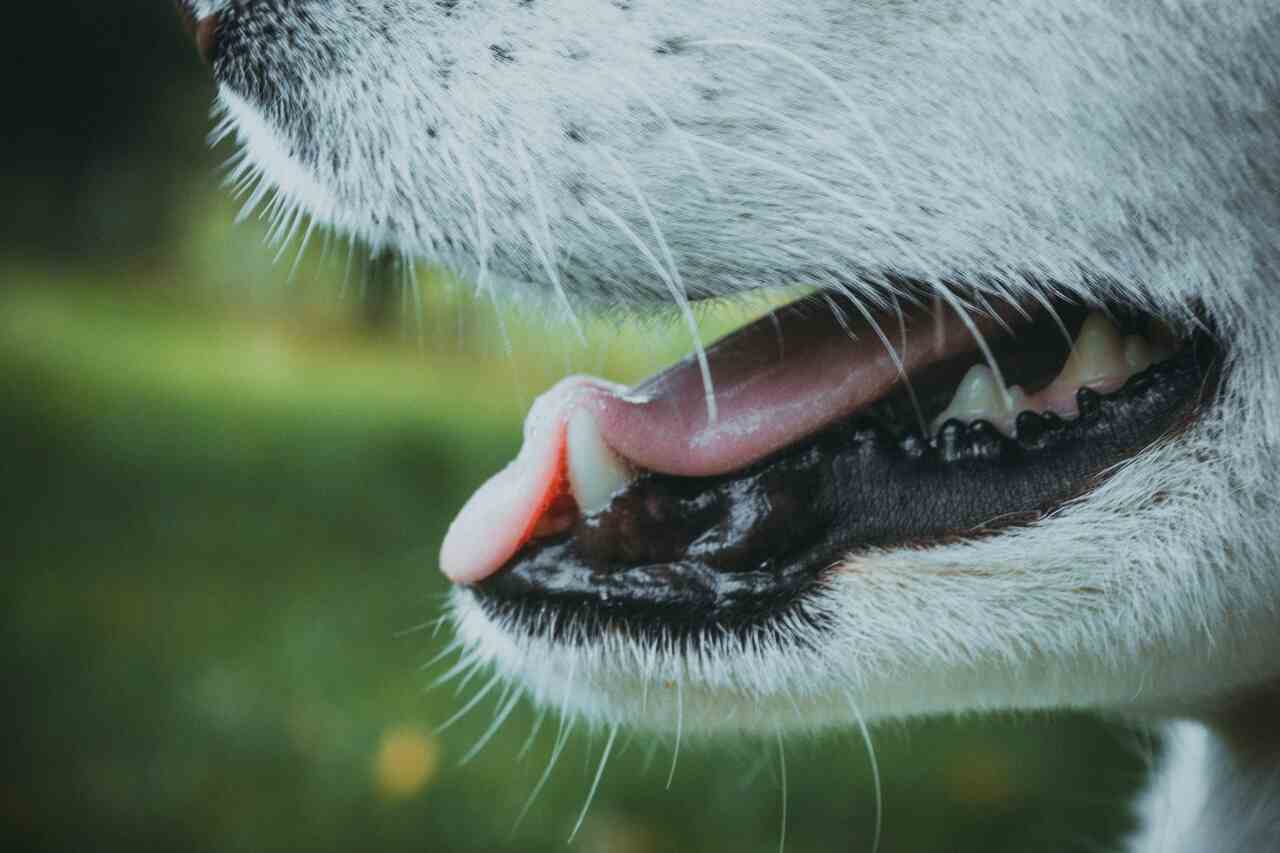
Brushing your pets’ teeth should be an essential part of pet health care. Just like humans, they can develop oral problems such as plaque buildup, gum disease, and bad breath.
However, getting your pet used to brushing can require patience and a gradual approach from the owners. “Regular brushing helps prevent the buildup of plaque, which can lead to periodontal disease, gingivitis, and, in severe cases, tooth loss,” explains veterinarian Stefanie Poblete, product coordinator for the Pet Line at Syntec.
Oral problems in pets go beyond damage to the teeth and gums. Periodontal disease, for instance, can result in broader complications. This chronic inflammation can have a profound impact on the overall health of the animal and affect other systems such as cardiovascular and renal. “Additionally, the inflammation can cause significant discomfort for the pet, which often stops eating,” warns the veterinarian.
Stefanie explains that maintaining good oral health in pets requires proper tooth brushing and establishing this habit on a daily basis. “It is ideal to choose a moment when the animal is calm and relaxed to start brushing. Using rewards such as toys, treats, or praise during and after brushing helps create a positive association,” she advises.
The Syntec specialist also highlights the importance of choosing the right brush to facilitate dental hygiene. “Prefer brushes specific for dogs or cats, in the right size for the animal’s size and with soft bristles to avoid hurting the gums,” she recommends.
To assist owners, Syntec developed Geltec, an oral antiseptic formulated with Ascophyllum nodosum, Menthol, Eucalyptol, and Thymol. The product is effective in the oral hygiene of dogs and cats and in preventing the appearance of plaque, contributing to the oral health care of pets.
This content was created with the help of AI and reviewed by the editorial team

